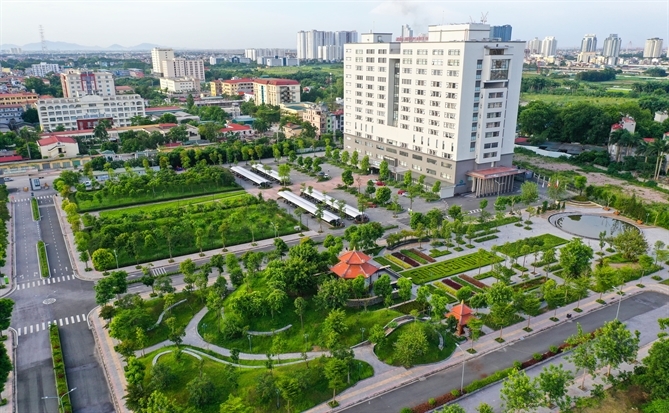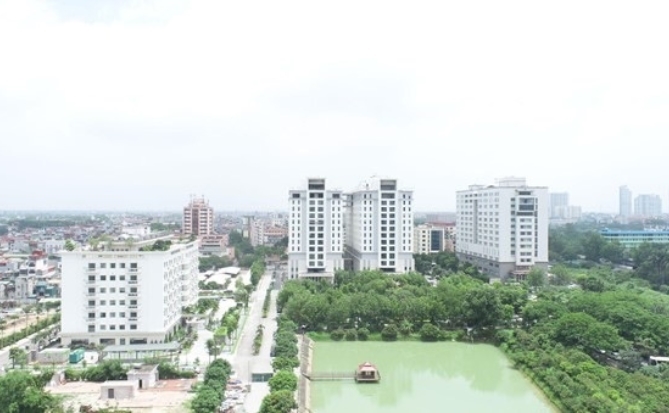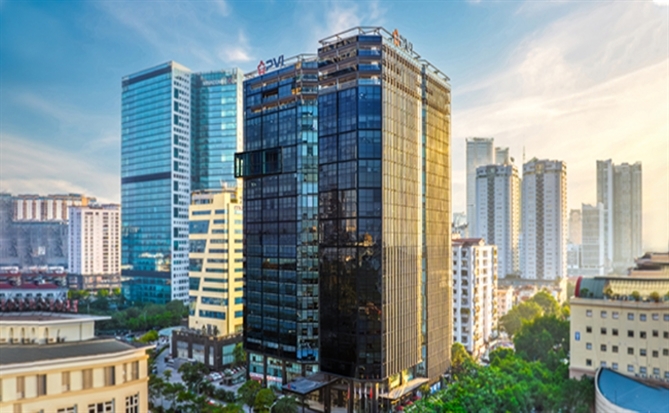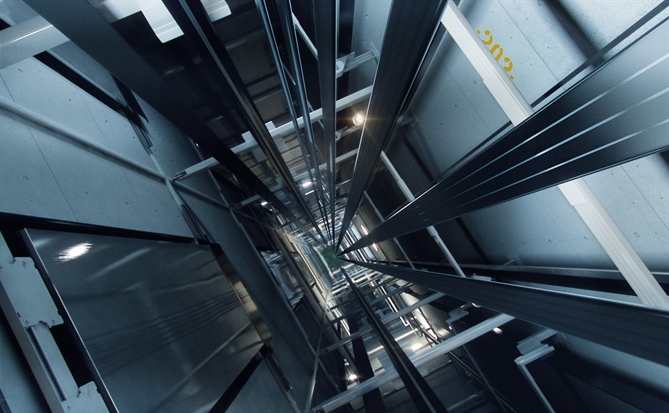Pharmacity to double stores to 1,000 by 2021
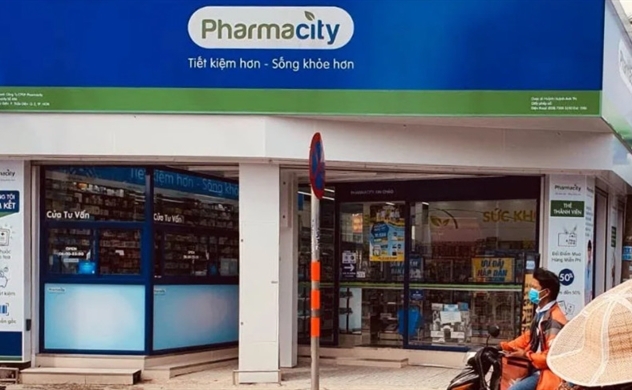
Pharmacity has approximately 500 drugstores, making the company the biggest of its kind in Vietnam. (Photo by Lien Hoang)
After that, the goal is for 90 percent of Vietnamese to be within a 10-minute motorbike drive of a Pharmacity, Blank said, setting his sights on the fastest-growing health care market in Asia.
Health care spending is expected to rise significantly, thanks to the communist country's burgeoning middle class, as well as Covid-19 concerns, according to consultancy Dezan Shira & Associates.
As small family-run pharmacies are edged out by new chains, Pharmacity is aiming to become a leader of the market. The $7 billion pharmacy sector is still dominated by roughly 57,000 mom-and-pop stores.
"A venture is not worth doing unless you can become the elephant," Blank said in an interview at his Ho Chi Minh City home where bay windows open to a panorama of the downtown skyline.
Key to expansion are Pharmacity's new distribution hubs, one east of Ho Chi Minh City that began operation this summer, and another due to open in Hanoi. The company plans to hold a new round of fundraising after it burned through $31.8 million, raised in early 2020, to invest in distribution and to multiply its store count.
Vietnam is the only major Southeast Asian economy where consumer spending will have risen in 2020, by an annualized 3.3%, according to Fitch Solutions data seen by Nikkei. Much of that will be health-related.
"In terms of growth rates, health spending in Vietnam is outperforming the region," Fitch Solutions food and drink analyst Brice Dunlop told Nikkei. "Between 2020 and 2024, we expect health spending in Vietnam to grow by an average of 10.9% a year, compared with the 6.2% annual average for" all of Asia.
Pharmacity is not the only company to see the potential. The growth in the country's heath care expenditure has also attracted foreign investors such as Japan's Matsumotokiyoshi, which opened its first drugstore in Vietnam in October.
Increasingly, Vietnam's pharmacy market is growing beyond domestic chains like Long Chau, which is operated by FPT, a software maker that is expanding its retail business, and Phano, which focuses on selling medicine and vitamins.
Pharmacies are also stocking a wider range of local and foreign-branded products. Apart from drugs, Pharmacity and Medicare sell cosmetics, beverages, toothpaste, among other items. Hong Kong's Watsons and Singapore's Guardian have also entered Vietnam with similar offerings.
For now, Pharmacity's key rivals are Long Chau's 100 stores, Medicare's 90, and Phano's 60, according to local sources. But supermarkets and 24-hour stores are also joining the market. VinMart+, for example, has drug counters for Vingroup's VinFa in its convenience stores.
Blank appears unruffled by the competitive threat of big-name rivals like FPT and Vingroup, the largest conglomerate in Vietnam.
"We have a strong first-mover advantage," said Blank, who moved from the U.S. to Ho Chi Minh City as a teenager to live with his Vietnamese grandmother. He went on to work at a fund management company and a brokerage in Vietnam before starting Pharmacity in 2011.
Pharmacity said it gives manufacturers a single point of contact to sell products at hundreds of retail outlets. The company uses its economy of scale to source products in bulk and has a database of 3.5 million people in its loyalty program.
"A huge plus for some chains is a very good customer data management system," Ngo Lien, a consultant at Red Franchise, told Nikkei. She said drugstore chains could use the data to target customers and make recommendations to generate sales.
In April, Vietnam locked down the economy to combat the spread of COVID-19, which reduced spending at almost all businesses, including Pharmacity. When asked if this forced him to rethink the 1,000-store target for 2021, Blank said, on the contrary, the company used the downturn to pick up prime real estate at a discount.
"When everybody was closing stores, we were land-grabbing," he said. Looking to the company's next 500 stores, he added, "The future is definitely sunny in this business."
Source: Nikkei Asian Review

 TIẾNG VIỆT
TIẾNG VIỆT 